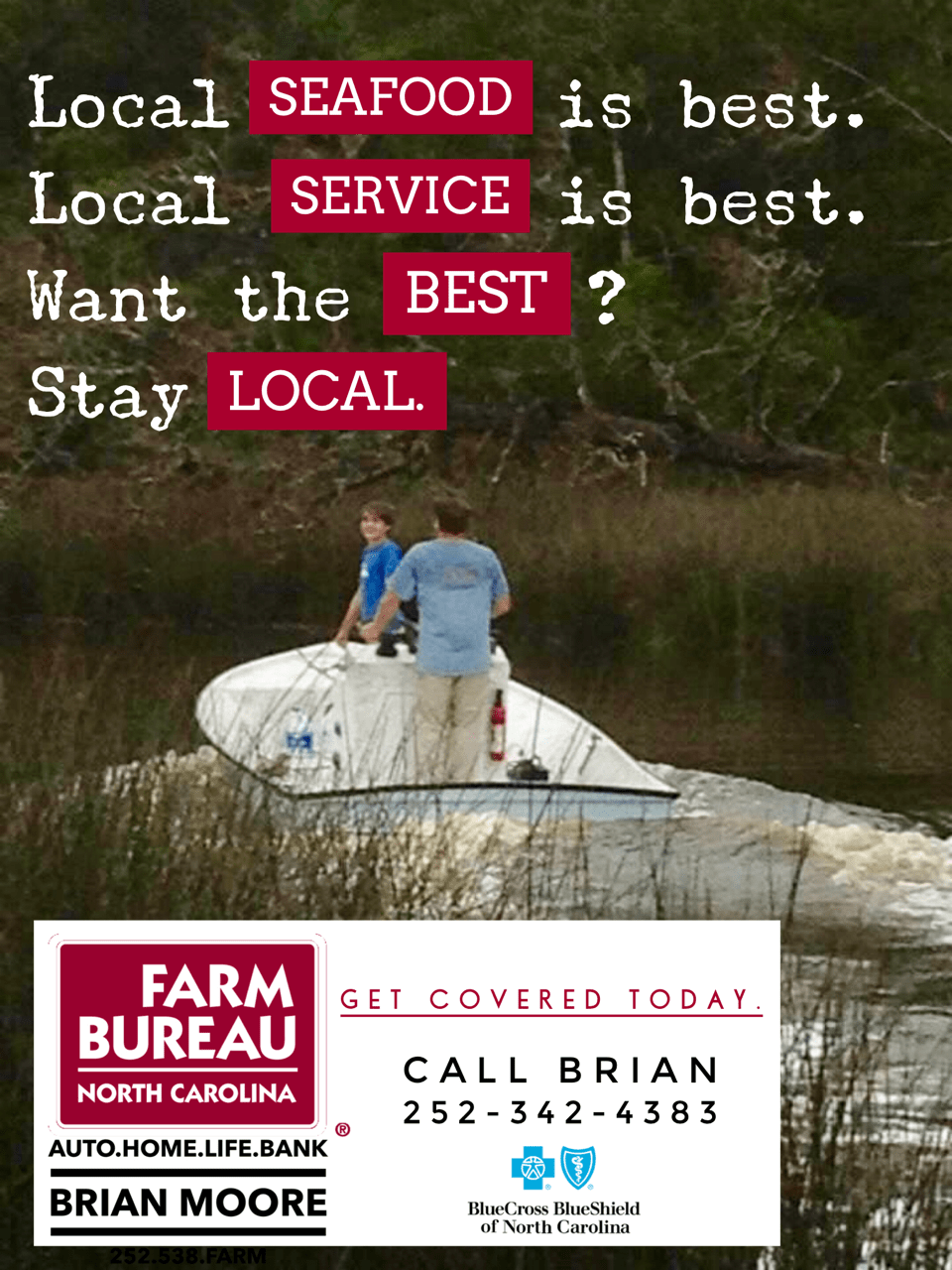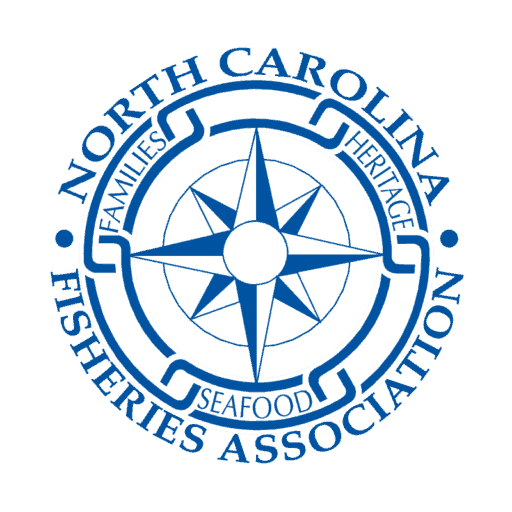Prior to the November MFC meeting, when the draft Shrimp FMP would be voted on, the following post was made by ” Rick S ” on social media.
” Shrimp are not overfished and overfishing is not occurring. A simple majority rules at the MFC Nov. meeting.
Martin Posey holds the keys to the kingdom.
Blanton, Romano, Cross and Hendrickson will vote for status quo. Kick the can down the road. Let’s study bycatch some more. The Division will support that position, it likes the jobs and funding.
Bizzell, Roller, McNeil, and Kornegay will vote to protect the resources- control bycatch, protect undesignated nursery areas, control eutrophication and resuspension of sediment to help preserve and rebuild our shell bottoms and SAV areas.
If you have connections to UNC-W, you need to be putting pressure on Posey to follow the science, versus the politics. Call the alumni association, pull that annual donation. Call the chancellor office. Do it sooner rather than later.
This is politics- “
Mr. “S” is identified in other posts on the site as Rick Sasser, an avid and very vocal supporter of the CCA and NC Wildlife Federation’s agendas to ban trawling and gillnetting in NC waters. While Mr. S, like everyone, is entitled to his opinion. This crosses the line from opinion into intimidation. Mr. S encourages the public to ” be putting pressure on Posey to follow the science, versus the politics ” but provides no sound scientific arguments or data for them to present to Commissioner Posey, to support their position. Instead, he encourages them to withhold their support from the university where Dr. Posey works in order to strong arm him into voting their way and justifies it by stating ” This is politics “.
THIS IS NOT POLITICS!
The practice of trying to get something through force, threats, or blackmail is EXTORTION plain and simple. In recent years this tactic has become a common occurrence among those who support the CCA \ NCWF agenda. Any legitimate scientist who vocally challenges their interpretation of the “science ” is publicly attacked and intimidated into submission / silence.
Each time this happens I wonder what kind of ” S ” hole would attack a legitimate scientist for standing behind his / her scientific integrity and letting the science or often the lack thereof guide them in their decision-making process? It’s shocking!
Of course, when you consider that their goal is to put hardworking fishermen out of work, it really isn’t shocking at all that they would be willing to target the livelihoods of a few honest scientists also, in order to get what they want. Shocked or not, you should be disgusted, I am!
—
Glenn Skinner
Executive Director-
North Carolina Fisheries Association, Inc.
101 N. 5th Street
Morehead City NC 28557
252-646-7742
UPDATE for 12.3.2021
MARINE FISHERIES COMMISSION:
As noted previously, the “bad” motion at the MFC meeting was defeated 5 to 4 with another motion passing 5 to 3 with 1 abstention.
The wording of the motion that passed is copied below.
We also want to take this week to thank everyone that turned out in person, who spoke or who offered comments on the shrimp amendment. In particular:
NC Department of Agriculture; Commissioner Steve Troxler;
NC Farm Bureau
Senator Bob Steinburg who attended and offered comments;
Representative Bobby Hanig who was on the phone to offer comments Wednesday evening and Thursday morning but was not called on;
Carteret County Commissioner Chris Chadwick;
Dare County Commissioner Steve House;
Resolutions were received from Carteret County and Kill Devil Hills.
Consumers and freedom lovers from the Coastal Carolina Taxpayers Association and the God and Country Christian Alliance
Here is the motion that passed 5 to 3 with 1 abstention:
Motion by Doug Cross, as amended by Martin Posey, that the MFC select the following preferred management options:
- Permanently prohibit ALL trawling in Crab Sanctuary areas.
- Eliminate the four quarts (heads on) or two and one-half quarts (heads off) recreational creel limit for cast nets only in areas closed to the taking of shrimp.
- Change the flexible opening date in all SSNA’s to a static 9/1 each year.
- Continue collaboration with the commercial stakeholder groups through the industry workgroup to identify and test gear modifications to further reduce bycatch in the shrimp fishery.
- Prohibit shrimp trawling in Bogue Sound and its tributaries except for the Intercoastal Waterway (IWW).
- Prohibit shrimp trawling in the Carolina Yacht Basin except for the IWW.
- That the Division of Marine Fisheries collaborate with the CHPP support staff and the Habitat and Water Quality Advisory Committee on issues related to SAV habitat. As the Division deems appropriate and feasible, actions to address that impact will be identified by the appropriate committees and brought to the MFC in the future for action as part of adaptive fisheries management with the collaboration of stakeholders groups and their advisory committees.
- Maintain existing headrope limits for shrimp trawls in internal coastal waters. If needed, implement additional headrope restrictions to resolve user conflicts.
- Investigate the feasibility and utility of a long-term shrimp trawl observer program that encompasses all seasons, areas, and gears.
- Continue collaboration with the commercial stakeholders through the industry workgroup to identify and test gear modifications
GENERAL ASSEMBLY:
As noted earlier the budget was passed and signed by the Governor. It was mistakenly stated that the commercial fishing license buyback was in the budget. However, that was not correct. There is no mention of it in the budget and it did not pass this legislative session.
What was included in the budget was language for a fisheries study by the Collaboratory at UNC-CH. Due to the length of this update, we’ll include the language next week.
ELECTIONS:
The primary is scheduled for March 2022 with candidate filing beginning next week. Since there are so many changes with legislative and congressional districts, we’ll wait and list all of the candidates later. It serves no purpose until we find out who actually files.
God bless,
Jerry
|
Release: Immediate |
Contact: Patricia Smith |
|
Date: Dec. 3, 2021 |
Phone: 252-726-7021 |
Fisheries ask public to report cold stunned trout
MOREHEAD CITY – The N.C. Division of Marine Fisheries wants to remind the public to report any cold stunned spotted seatrout they may see in North Carolina coastal waters.
During the winter, spotted seatrout move to relatively shallow creeks and rivers, where they can be vulnerable to cold stun events. Cold stun events have the potential to occur when there is a sudden drop in temperature or during prolonged periods of cold weather, making fish so sluggish that they can be harvested by hand.
Many fish that are stunned die from the cold or fall prey to birds and other predators. Studies suggest that cold stun events can have a significant negative impact on spotted seatrout populations.
No cold stun events have been reported so far this season, but if there are concerning weather conditions in the upcoming weeks as described above then a cold stun event could occur in coastal rivers and creeks.
Spotted seatrout cold stun events can be reported at any time to the N.C. Marine Patrol at 1-800-682-2632 or during regular business hours to the division spotted seatrout biologist Tracey Bauer at 252-808-8159 or Tracey.Bauer@ncdenr.gov. If reporting a spotted seatrout cold stun event, please provide where (the specific location) and when (date and time) the cold stun was observed, along with your contact information.
Under the N.C. Spotted Seatrout Fishery Management Plan, if a significant cold stun event occurs, the Division of Marine Fisheries will close all spotted seatrout harvest within a management area until the following spring. A significant cold stun event within a management area is determined by 1) assessing the size and scope, and 2) evaluating water temperatures to determine if triggers of 5 C (41 F) at eight consecutive days and 3 C (37.4 F) during a consecutive 24-hour period are met. Data loggers are deployed statewide to continuously measure water temperatures in coastal rivers and creeks that are prone to cold stuns.
Closing harvest allows fish that survive the cold stun event the chance to spawn in the spring before harvest re-opens. Peak spotted seatrout spawning occurs from May to June.
Under N.C. Wildlife Resources Commission rules, the spotted seatrout season automatically closes in inland waters when it closes in adjacent coastal waters.
Download a photo illustration of what a spotted seatrout cold stun might look like.

